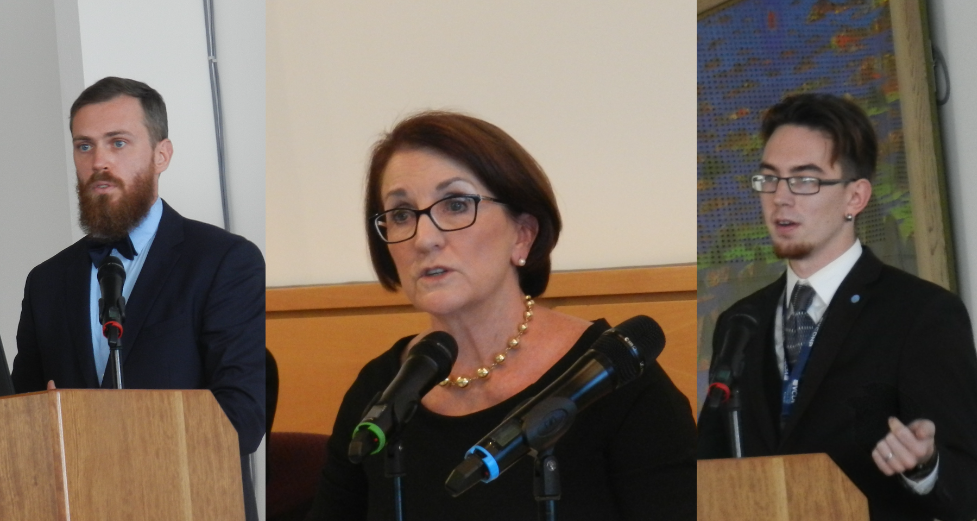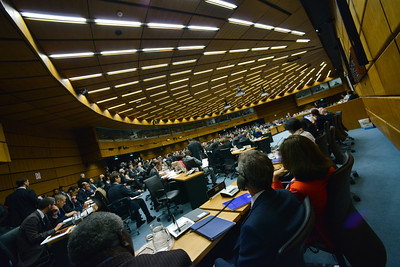

In recent years, the international community has paid increasing attention to the concept of irreversibility in nuclear disarmament. One key question in that debate is what the role of the International Atomic Energy Agency (IAEA) would be in verifying irreversibility in the reduction and elimination of military nuclear stockpiles.
In April 2024, the VCDNP and the research consortium VeSPoTec (Verification in a Complex and Unpredictable World: Social, Political and Technical Processes) held a workshop with senior experts on the subject. Following that workshop, VCDNP Senior Research Associate Noah Mayhew co-authored an article for the Journal for Peace and Nuclear Disarmament with Dr. Leonardo Bandarra (University of Duisburg-Essen) and Dr. Malte Göttsche (Peace Research Institute Frankfurt).
In the article, the authors argue that the IAEA has a key role to play in verifying that reductions and eliminations of military nuclear stockpiles are not reversed, most likely post-disarmament. They also address various political, institutional, and technological challenges that the IAEA would face in this regard. Such challenges may include avoiding politicisation in the potential further evolution of the IAEA’s verification mandate, necessary culture shifts within the IAEA’s Secretariat in a disarming world, and resource constraints that would become more acute with an increased demand for the IAEA’s verification services.
IAEA Member States will also have to set realistic expectations on the extent to which the IAEA would be able to draw conclusions about the completeness of declarations of nuclear holdings in former nuclear-armed States, owing to the large size of their nuclear material stockpiles. The authors argue that both the IAEA and its Member States should begin contemplating methodologies to provide what they term as sufficient confidence that disarmament steps are not being reversed and how such measures compare with the cost of effective verification.

